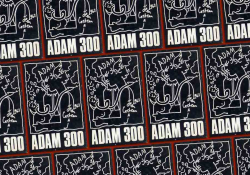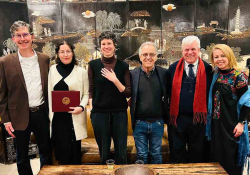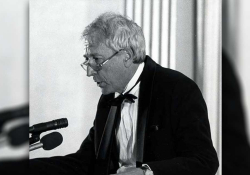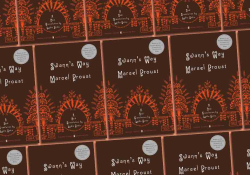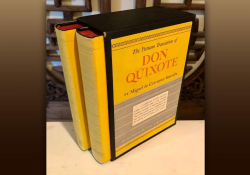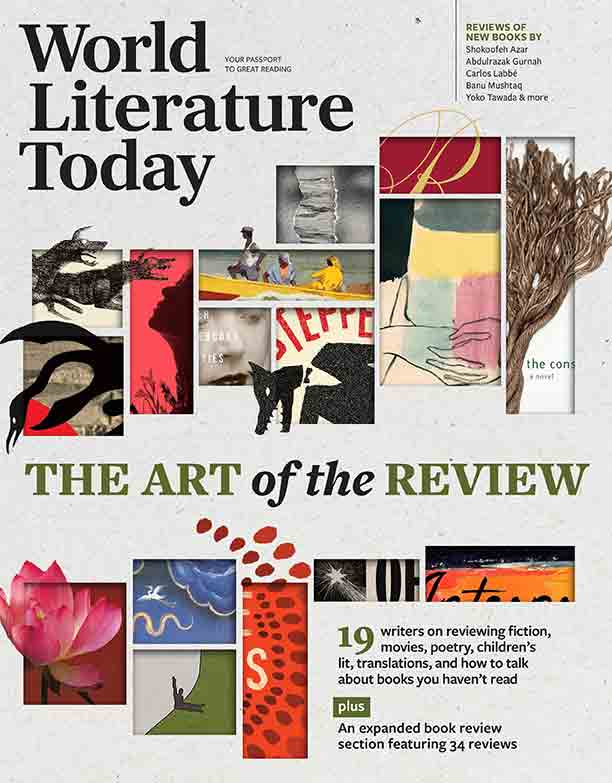75 Years Ago in These Pages
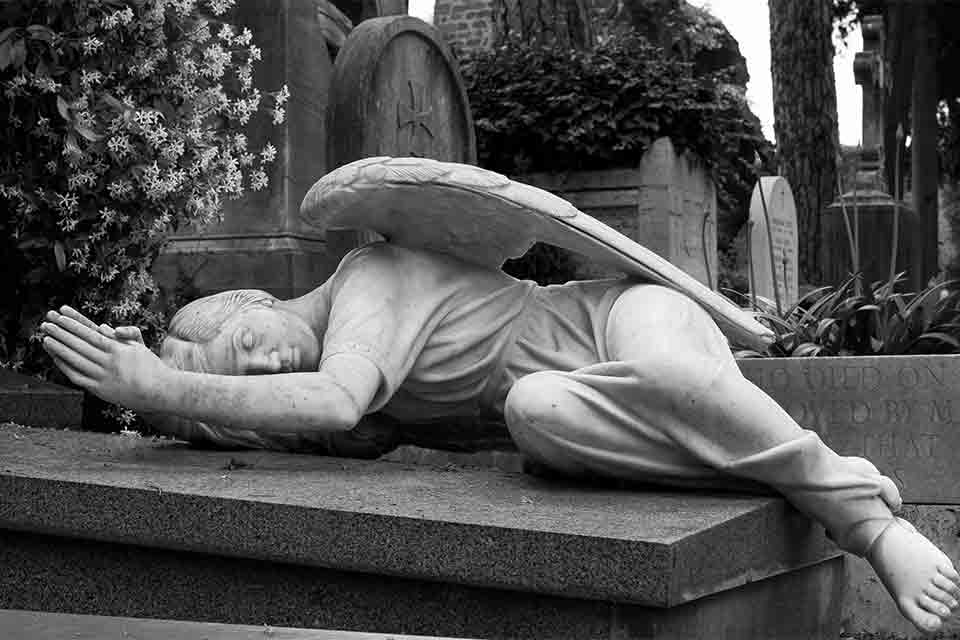
Emil Lucka on Critics: A Little Lower Than the Angels
“Up to this point we have not dealt with the absolute quality of the work under consideration. In this connection I should like to quote again from Feuerbach: ‘It is sadly true that in this metempsychosis we may enter into the soul of a camel, an ass, or some other lower animal. But of course it is very important to know what the soul of an ass is like.’ It may be true, as Feuerbach says, that such an experience has its value, yet it is anything but comfortable; one finds it hard to remain long in this condition of selfless contemplation. In other words, the ideal spectator, for all his will and ability to eliminate himself, necessarily relapses soon into personal reaction, and it usually happens that the critic assumes an attitude which is just a little hostile, just a little belligerent.”
—Emil Lucka, “Literary Criticism,” Books Abroad 24, no. 4 (Autumn 1950): 354
Emil Lucka (1877–1941) was a Jewish Austrian writer, dramatist, and philosopher. After starting out as a bank clerk in Vienna, he turned to writing full-time and became best known for his “revolutionary theories of love and sex” in such books as Eros (1915) and The Evolution of Love (1922). After the Nazi occupation of Austria in 1938, his works were banned. In a September 1941 letter to Stanford University German professor Bayard Quincy Morgan, Lucka wrote: “The prospects of getting across have dwindled to a minimum. This is perhaps the last letter you’ll receive from me. The future is dark.” Unable to secure safe passage to the West, he died in December 1941

